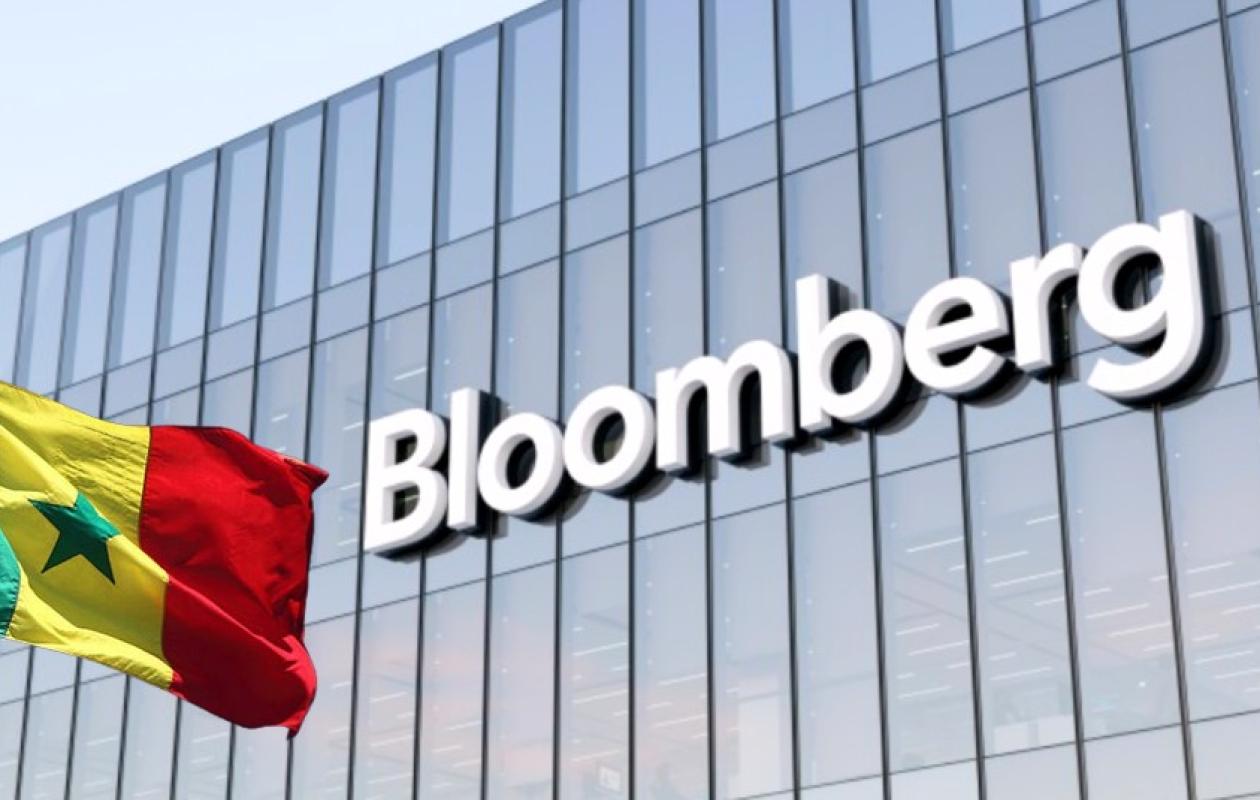
[Avis d'expert] Dr Balla Khouma : "Euro-obligations en chute : l’économie d’abord, la politique peut attendre"
According to Bloomberg, Senegal's Eurobonds have reached a historic low, pushing the sovereign risk premium to 1,077 basis points above US Treasury bonds. This level, well above the critical 1,000-basis-point threshold, reflects growing investor distrust in the country's ability to meet its obligations. In other words, Senegal is going through a financial phase marked by increasingly restricted access to international markets.
This further erosion of financial market confidence in Senegal cannot be without consequences for the short-term economic situation. As Greenspan reminded us in 1999, “confidence is the cornerstone of any financial system. Without it, credit freezes and the economy collapses.” This observation was echoed by Krugman in 2012, who stated that “market confidence is not a substitute for sound economic policies, but its loss can make the implementation of these policies impossible.” More empirically, Reinhart and Rogoff demonstrated in their 2009 study of financial crises that “when markets lose confidence in a country’s ability to repay its debt, the dynamics can shift abruptly, transforming a liquidity problem into a solvency crisis.”
In other words, Senegal could find itself, at least temporarily, excluded from international financial markets, unable to issue new bonds on sustainable terms. Countries like Ghana in 2022 and Zambia in 2020 experienced the same scenario, forced to suspend payments and renegotiate their debt. Such a situation would push Senegal to continue financing itself more on the regional market, at the risk of crowding out the private sector and slowing growth.
The current climate of investor distrust could lead to a further downgrade of Senegal's sovereign credit rating. Since October 2024, the country has already seen its rating lowered from B1 to Caa1 by Moody's, with a negative outlook, and could now fall to at least Caa2. Such a classification would place Senegal among countries with a very high level of risk, a limited capacity to meet its financial obligations, and a significant probability of default. This situation would severely complicate the financing of infrastructure projects and risk further discouraging foreign investors, exacerbating the country's economic vulnerability.
The repercussions are not limited to the financial sphere. A budget contraction would restrict the state's capacity to finance social programs, subsidies, and household support policies. Gabon's experience in 2017 demonstrated how austerity can weaken social cohesion. In such a context, the temptation to raise taxes to increase public revenue must be approached with caution. While a tax increase may strengthen public finances in the short term, it also risks stifling certain economic sectors, increasing the cost of living, and exacerbating household difficulties. The cases of Tunisia and Egypt serve as reminders that excessive tax pressure can lead to economic slowdowns and rising social discontent. Restoring public finances cannot come at the expense of social stability or the productive sector.
To overcome this situation, Senegal must prioritize dialogue, transparency, and fiscal discipline. Proactive debt renegotiation with creditors, aimed at extending maturities or rescheduling payments, would alleviate the financial pressure. Côte d'Ivoire successfully navigated this process after the 2011 post-election crisis and regained market confidence.
Restoring fiscal discipline, publishing debt audits, and reducing unproductive spending, particularly operating expenses, would also help reassure investors. At the same time, it is essential to revive growth by creating domestic value added. Developing promising sectors such as construction, agribusiness, energy, and digital technologies could boost employment, increase tax revenues, and reduce dependence on external debt. Rwanda, by focusing on services and tourism, has demonstrated that an African economy can reinvent itself and restore international confidence.
The fall in Senegal's Eurobonds should not be seen as a warning sign about the country's economic trajectory. This moment demands clear thinking, unity, and a genuine surge of patriotism. Senegal needs less politics and more economics, because in a global context where financial markets are volatile and scrutinize every move, the slightest error or communication misstep by the government is immediately punished. Stability, transparency, and national dialogue are now the keys to restoring confidence and putting the country back on the path to sustainable and inclusive growth.
Dr. Balla KHOUMA
Statistician Economist
Commentaires (2)
Participer à la Discussion
Règles de la communauté :
💡 Astuce : Utilisez des emojis depuis votre téléphone ou le module emoji ci-dessous. Cliquez sur GIF pour ajouter un GIF animé. Collez un lien X/Twitter ou TikTok pour l'afficher automatiquement.